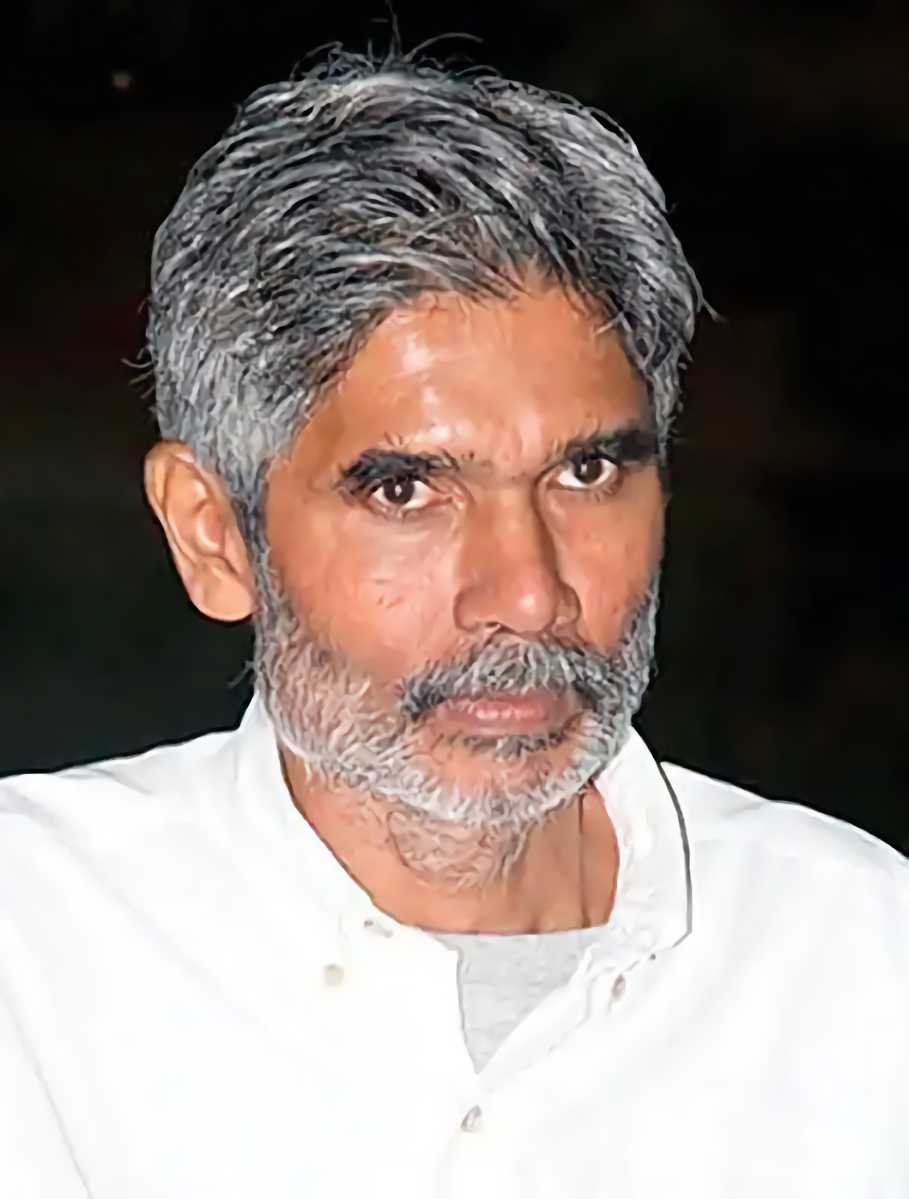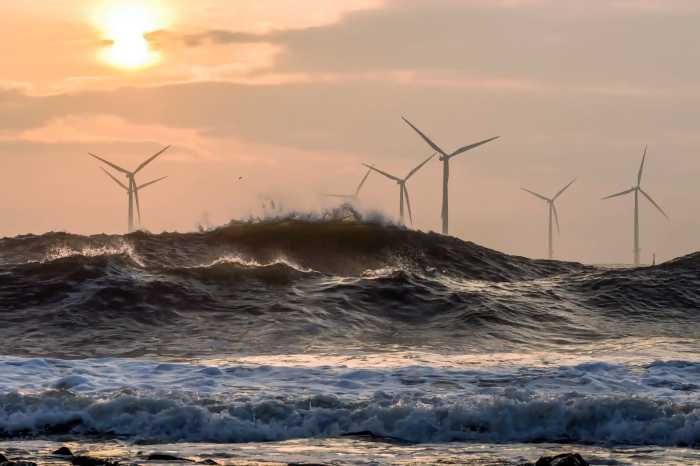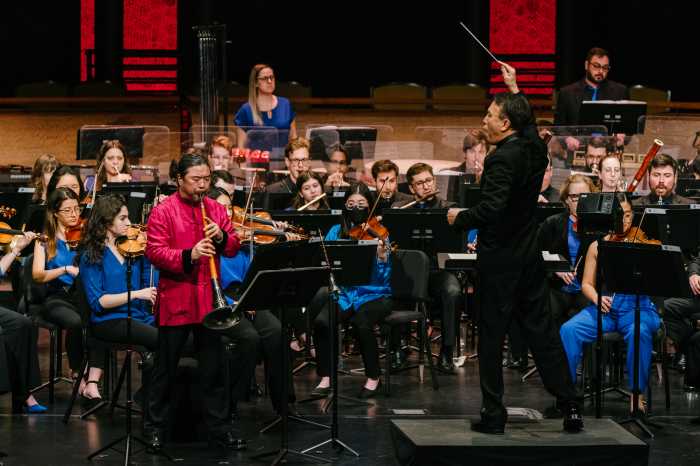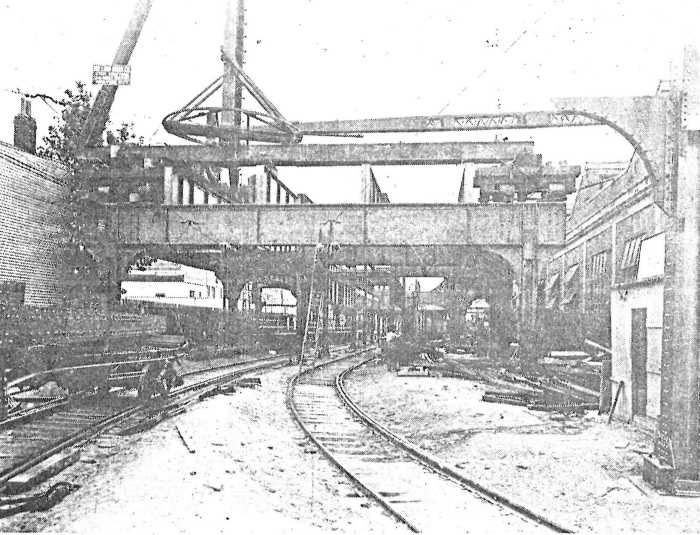On June 22, 1941, the British Prime Minister, Winston Churchill, woke to find his private secretary standing next to his bed. The Germans had launched Operation Barbarossa against the Soviet Union. 3.8 million Nazi soldiers, 750,000 horses, 3,000 tanks, 2,500 aircraft, and 7,000 artillery pieces stormed across the Soviet Border.
Churchill detested Communism, yet faced with Hitler’s greater evil, he chose to support the Soviet Union over the Nazis. His decision, announced on BBC Radio, made clear that resisting Nazi aggression outweighed political differences with the Soviets.
A man of Churchillian insight does exist in Trinidad and Tobago. He is Darryl Naranjit, a philosopher, mathematician and author. I interviewed him on Nov. 18. Here are his insights into the current United States aggression against Venezuela.
Mr. Naranjit, what does Prime Minister Kamla Persad-Bissessar see herself doing in supporting the current United States military build-up North of Venezuela?
Okay. Well, I think she has a particular view of this whole situation, and she’s mentioned what she expects in what she says. She says there will be no war. She says Trinidadians are going to be safe. The infrastructure will be safe. And so, she seems to think that this is going to be like a game, a sort of art of the deal where President Trump is going to come into the Caribbean with his warships etc, and he’s going to create maximum stress and pressure on Maduro.
And as a result of that stress and pressure on the Venezuelan people and Maduro, she thinks they’re going to come to the table and make a deal. And, the deal is either going to be that Maduro steps down and allows American companies to take over the oil, etc. And, because of that, there’s going to be no war, right? So, her vision is that there will be a kind of acquiescence by Maduro to American aggression.
I think that’s not a valid viewpoint at all because, for many years, Maduro has been subject to considerable pressure, threats, and aggression from the United States over the last decade, and he hasn’t folded. It’s going to be a kind of delusional thinking that he’s going to fold this time. He’s not. You know, all his life, both he and the president before have not folded. They’ve demanded that Venezuela have sovereign rights over its oil and that it decide how much and that the oil will serve the interests of the Venezuelan people. So, I don’t see them backing down now. I don’t think that will work.
And although the strategy seems to be a constant increase of the pressure, by blowing up the boats around Venezuela – and even soldiers, American soldiers being in Trinidad seems to be another aspect of that increasing the pressure – I don’t see it working. I don’t see it as Maduro folding. So that’s what we’re going to have to deal with.
How do you see the US military aggression in the context of the global multipolar revolution and BRICS?
Well, it’s interesting that just over five hundred years ago, what you might call the ‘Western World Order’ was born right here in the Caribbean when Columbus ‘discovered’, as they say, the Caribbean. And ever since then, there has been domination, conquest, and taking away of land of the peoples of the Caribbean. Five hundred years later, we may be witnessing the emergence of a world order that turns that on its head.
Gramsci for instance, said, “The old world is dying and the new world struggles to be born. Now is the time of monsters” (Antonio Gramsci, Italian philosopher, 1891-1937). I think the aggression against Venezuela may be part of the new world order emerging. It’s the struggle of the multipolar world against the unipolar world, as represented by America.
And so, I think it’s important to realize that. Because it’s much more than just Venezuela fighting the United States. Venezuela is supported by Russia by China, and they’ve come out and expressed their support. Their support is not only verbal, but they’re also sending arms. They’re sending technicians, people, and financial support.
And so, it’s not as simple a thing as America versus Venezuela. It’s perhaps the beginning of the struggle between the unipolar world, as represented by America, and the multipolar world, as represented by BRICS, and a significant portion of the global population, who see America as a predatory hegemon over the last 40 to 50 years, and even before. Therefore, we must examine this aspect and recognize that it’s not a simple war between America and Venezuela, but a broader conflict between the unipolar world and the multipolar world. We should take this into consideration.
See interviews on You Tube: ‘Prime Minister Persad-Bissessar’s Art Of The Deal Failure’, and ‘Multipolarity Showdown In The Caribbean.’


























